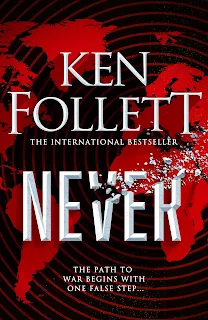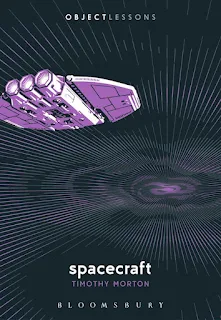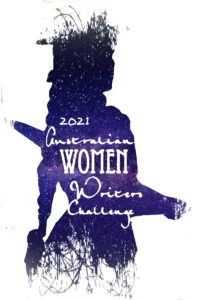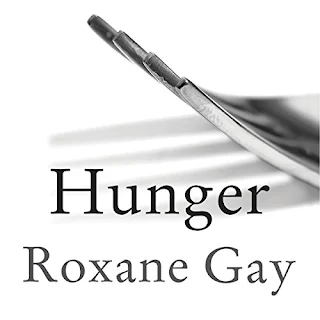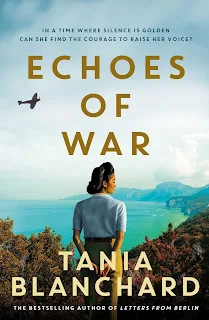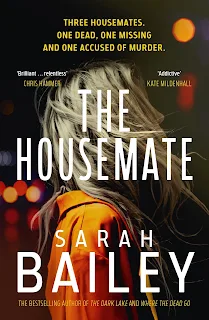I managed to leave the frustrations of Melbourne lockdown behind me while visiting Renaissance Britain with one of my favourite historians Ruth Goodman this month. In
How to Behave Badly in Renaissance Britain, Ruth Goodman covers the many ways in which a person could offend, upset, aggravate and disrespect others in Renaissance Britain, which includes the Stuart and Tudor period. Interestingly, the book has been published under a different title in America,
How to Behave Badly in Elizabethan England: A Guide for Knaves, Fools, Harlots, Cuckolds, Drunkards, Liars, Thieves, and Braggarts.
The book draws on a range of reference materials, including court records, letters, books, pamphlets and more, and Goodman describes the etiquette and manners of the times, and the way in which those who deviated from what was deemed acceptable or expected behaviour were rude, crass and unpleasant company.
Your dress and bearing immediately indicated your class and social standing, with everyone expected to respect their 'betters'. I continue to be fascinated by the changing fashions and the way in which garments and trends often altered a person's bearing, from the way they held themselves to the way they walked or entered a room. I especially enjoyed the chapter on bowing and curtseying but dearly wished for accompanying images or video footage to demonstrate the movements being described.
The insults were cutting and occasionally amusing, especially the author's favourite "
turd in your teeth". Goodman provides interesting insights into the changing meaning of descriptions like knave and swashbuckler and I enjoyed other words from the period including: wastrel, fool, strumpet, drunkard and stinkard.
Chapter 5 covered Disgusting Habits and not much has changed over the centuries when it comes to personal hygiene and revolting habits. Slurping or eating with your mouth open was just as gross then as it is now, and I enjoyed this quote shared by Goodman:
"Sup not loud of thy pottage no time in all thy life.” Boke of Nurture by Hugh Rhodes (Published in 1577)
Having enjoyed watching Ruth Goodman in
Tudor Monastery Farm,
Victorian Farm,
Edwardian Farm,
Wartime Farm and
Full Steam Ahead, I opted to listen to the audiobook after learning it was narrated by the author herself. Goodman's style and sense of humour flows through the book, however, I noticed that when she's quoting a reference, her voice is louder (and almost shouty) before resuming the regular volume again. At other times, she speaks more softly to emphasise a point, and as a result, I had to continually adjust the volume which greatly impacted my level of enjoyment.
I love learning new things about daily life in different eras, and in
How to Behave Badly in Renaissance Britain, it was the importance of shirt tails. How did I not know that the long tails of shirts once acted as a barrier between the body and the trousers, essentially performing the role of underwear (or drawers) for men. Men's shirts reached down to just above the knees with a slit at both sides, so they could be tucked around one's nether regions without impeding movement. As a result, to see a man with his shirt tails hanging out was 'disgusting' and now I understand why!
I enjoyed reading
How To Be a Tudor: A Dawn-to-Dusk Guide to Everyday Life by Ruth Goodman back in January 2018 and
How to Behave Badly in Renaissance Britain by Ruth Goodman is recommended for those with an interest in social history, etiquette and manners.




